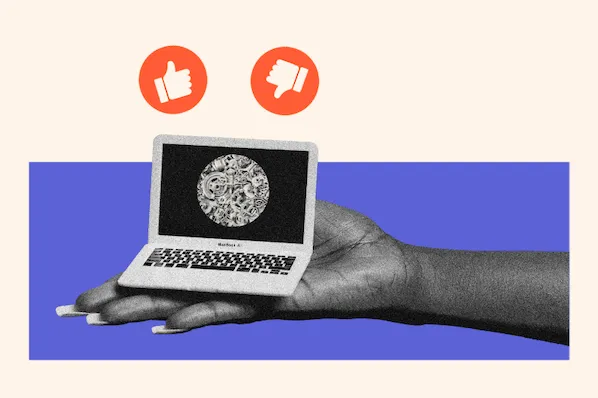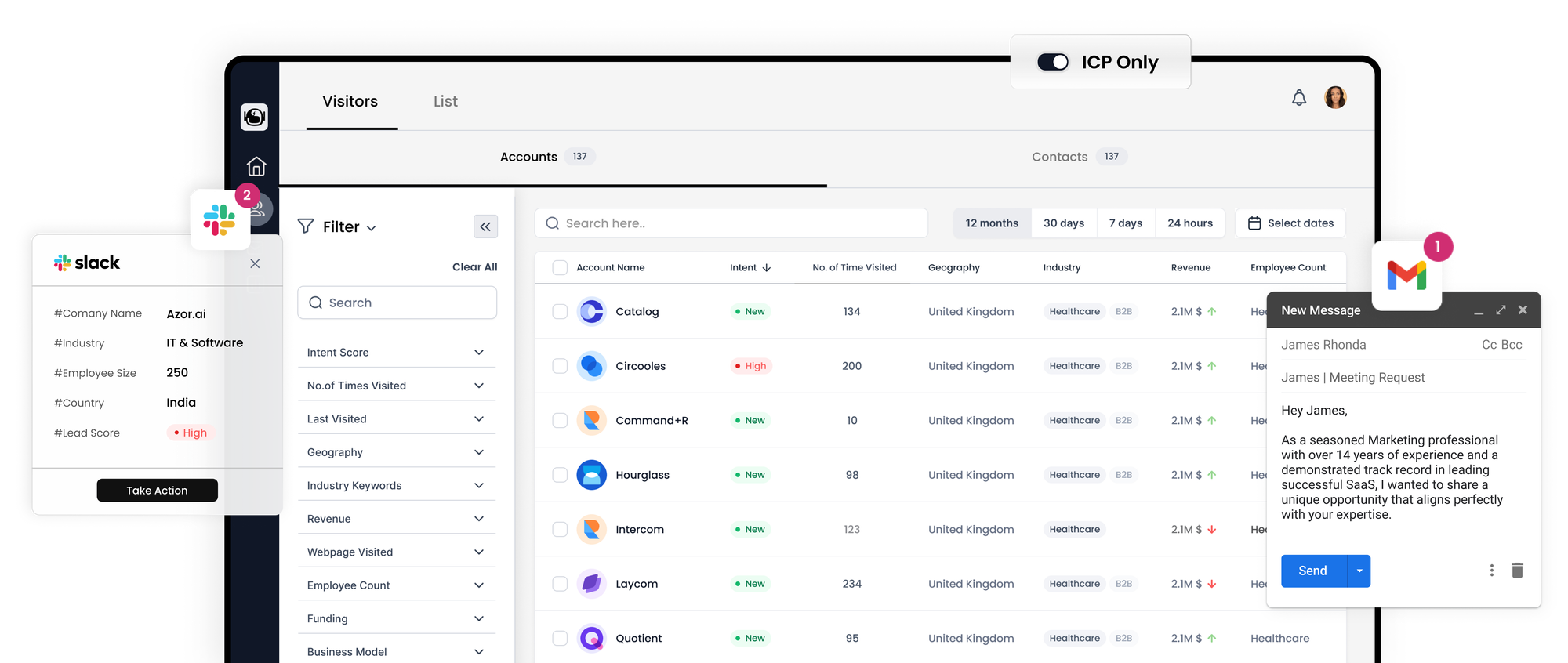Understanding Business-to-Business (B2B) Transactions

What Does Business-to-Business (B2B) Mean?
Business-to-Business, commonly referred to as B2B, describes the transactions and commerce that take place between different businesses rather than between businesses and individual consumers. This term is particularly relevant to company interactions like those between a manufacturer and a wholesaler, or between a wholesaler and a retailer. B2B transactions are distinct from Business-to-Consumer (B2C) operations, which involve direct sales between a business and the end-user consumer, and from Business-to-Government (B2G) transactions, which involve services and sales between companies and governmental bodies.
Essential Points about B2B Transactions
- B2B transactions typically occur within the supply chain, where one company purchases raw materials from another to utilize in the manufacturing process.
- Such B2B relationships are fundamental to industries like automotive manufacturing, where companies procure various components from different suppliers to create a final product.
- B2B activities are not limited to product transactions but also include services. Companies specializing in property management, commercial cleaning, and industrial maintenance often engage in B2B agreements.

Contrast with Business-to-Consumer Transactions
- While B2B transactions involve dealings between two businesses, B2C transactions are between a business and individual customers.
- The dynamics, negotiation processes, and sales tactics within B2B transactions differ significantly from those in B2C transactions, which typically cater to the consumer's individual needs and buying habits.
Grasping Business-to-Business (B2B) Dynamics
Exploring B2B Transactions
Business-to-business, or B2B, involves transactions primarily executed between companies within the supply chain. These transactions often involve the procurement of raw materials, components, and other goods that are then transformed through manufacturing. The end products from these processes might subsequently be sold to end-users through business-to-consumer (B2C) transactions.
B2B Communication
When it comes to intercompany communication, B2B encompasses the various ways employees from distinct businesses can establish and maintain contact, notably through social media platforms. Such interactions are a crucial aspect of B2B communications.
B2B E-Commerce
By the close of 2018, Forrester reported that the B2B e-commerce sector had surpassed projections, reaching over $1 trillion and accounting for about 12% of total US B2B sales. By 2023, this figure is anticipated to rise to 17%. The digital realm, particularly the internet, sets the stage for businesses to research and engage in the preliminary activities that precede B2B transactions.
Corporate websites are pivotal in fostering this engagement, enabling other businesses to learn about their offerings and to initiate contact. Additionally, online exchanges and e-procurement platforms are available to streamline the search and transaction processes for goods and services. Industry-specific online directories also play a role in facilitating B2B transactions.
Special Considerations for B2B Transactions
To achieve success in B2B transactions, strategic planning is crucial. These transactions depend on account management teams to forge and maintain client relationships. Cultivating B2B relationships, typically through ongoing professional interactions before sales, is key to securing these deals.
Traditional marketing avenues, including trade publications and participation in trade shows, also support businesses in developing connections with other companies.
Case in Point: B2B in Action
An example of B2B in the manufacturing sector is Samsung's role as a principal supplier for Apple's iPhones. Apple maintains B2B dealings with several companies, including Intel and Micron Technology, for components.
The automobile industry heavily relies on B2B transactions, where independent manufacturers produce and sell parts to car makers, like tires and batteries.
Service-oriented companies, such as those in property management and commercial cleaning, also primarily conduct B2B transactions, offering their services to other businesses rather than directly to consumers.
